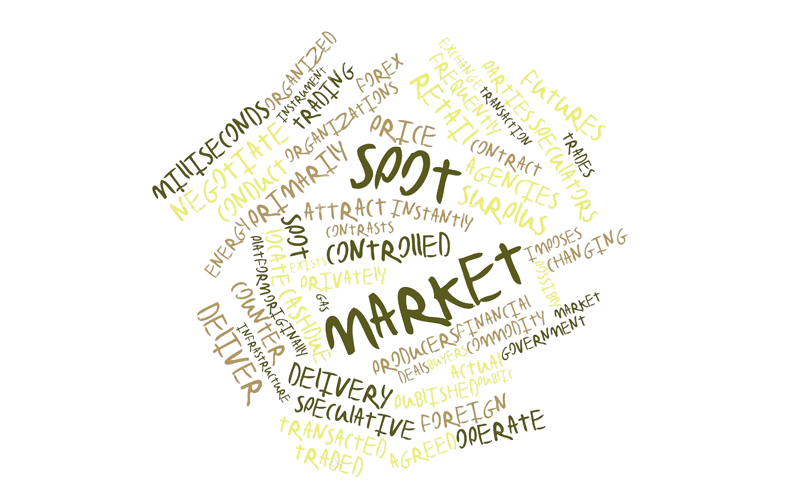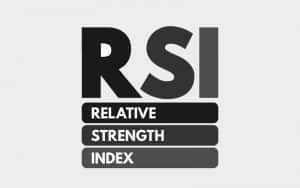In a spot market, the financial instrument is sold and paid for immediately. The delivery then happens instantaneously or within a short span of time. The asset can be anything from a security to currency or commodity. Essentially, it is the opposite of a futures market. The latter setup involves agreeing on a price on the spot while the transfer of payment and the asset is one later on.
What is a spot market?
A spot market is a trading environment where investors can buy or sell assets instantaneously. One can also refer to it as a cash/physical market. As the name suggests, the security’s ownership transfer, as well as the payment processing, occurs instantly. The exchange of assets is done physically while the reimbursements are made in cash.
However, in some setups, the transaction can take up to T+2 (2 working days) for completion. In such scenarios, the involved traders complete the deal instantly at the current price (spot price) and the prevailing quantity.
To understand the spot market, consider the following scenario:
Mr. Adams intends to buy 2,000 Tesla shares. Let’s assume that the share price is currently at about $700. To complete the transaction, he will need to contact his broker. The broker will execute Adams’ order at the prevailing price. A cash reimbursement of $1.4 million will be executed instantly to the seller by the broker. As soon as the seller receives the funds, ownership of the stocks will shift to Adams.
Features of a spot market
There are several characteristics that define a spot market. They include:
- Settling of the deal takes place based on the asset’s spot price.
- The transfer of the security’s ownership can be instant or within 2 working days.
- The settlement is in cash and can be done so immediately or not more than T+2.
Spot market categories
The platform can either be in the form of a market exchange or OTC (over-the-counter) trades. A market exchange setup is where investors offer or bid assets. The dealings can either be on the trading floor or an electronic platform. There are market exchanges that deal in a specific group of assets while others transact in a wider array.
While it is common for the securities to have the least applicable price, spot prices tend to change rapidly. NYSE, which is among the major market exchanges, specializes in equities.
Conversely, the OTC option involves bilateral dealings. The arrangement does not have a go-between to regulate or supervise the transaction. Besides, unlike in a market exchange option, securities on the OTC setup are not always subject to quality or price standardization.
Financial instruments available on a spot market
Dealings in a spot market involve different classes of assets like commodities, bonds, forex, treasury bills, and equities. Currencies are the most popular entity in spot markets. As such, one can trade currencies instantly on this platform.
Commodities are also a popular asset in a typical spot market. The involved parties can transact an array of entities within the category, ranging from agricultural products to metals and energy products. When it comes to commodities, traders often go for crude oil.



